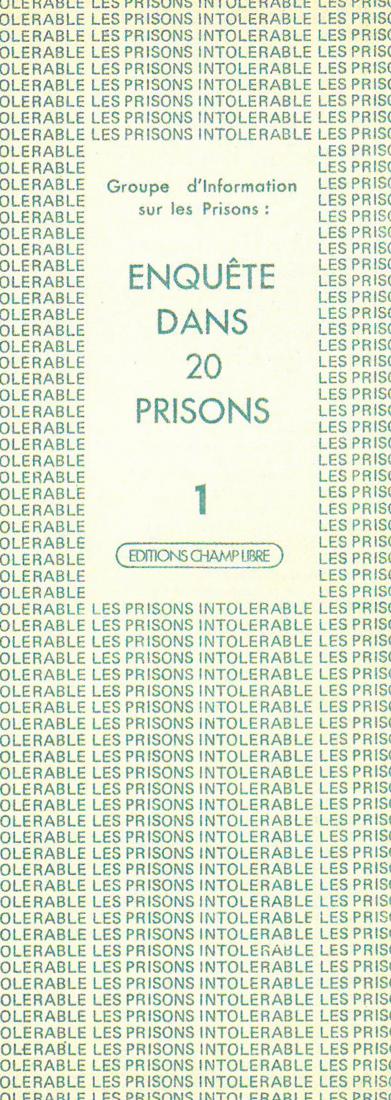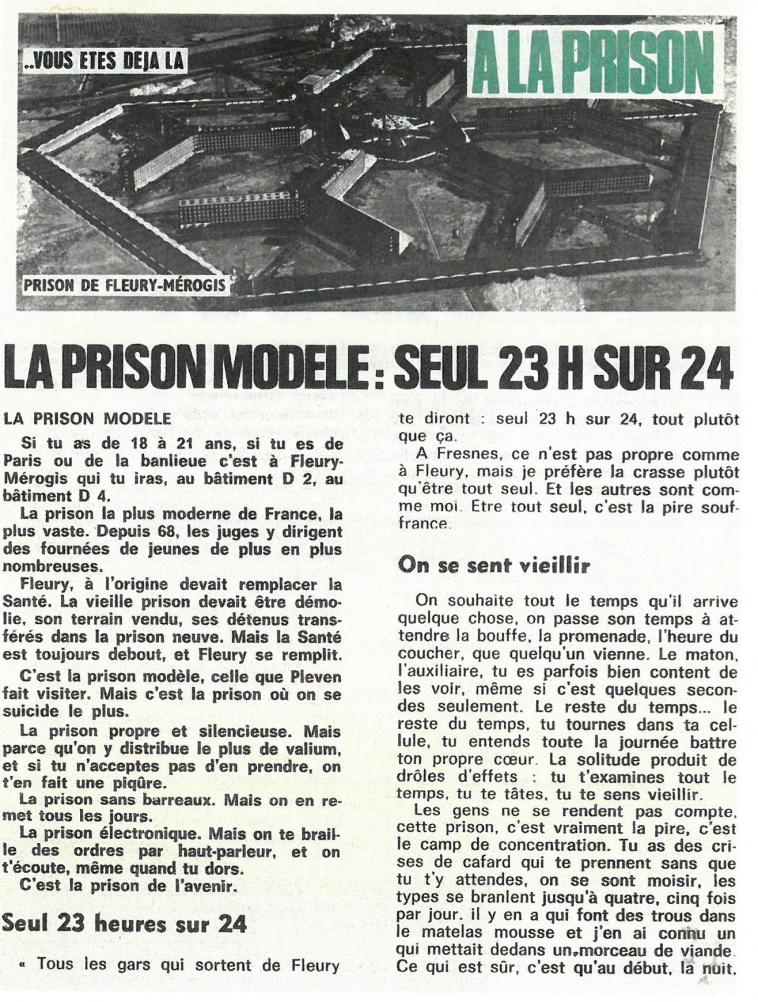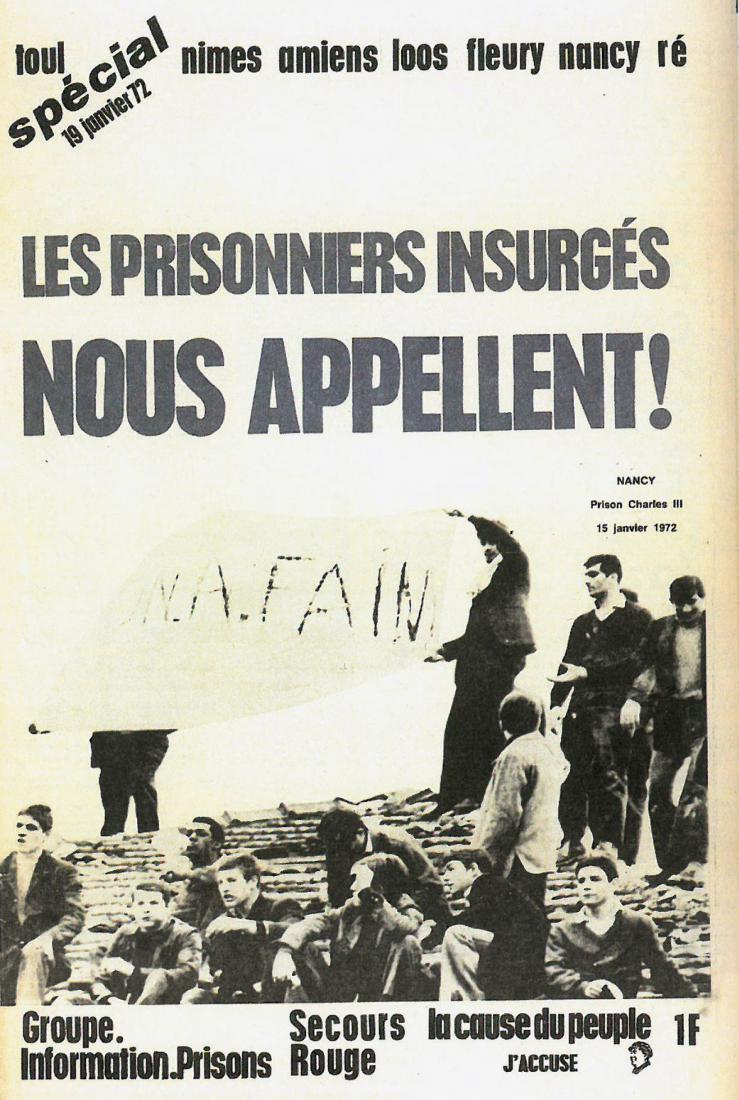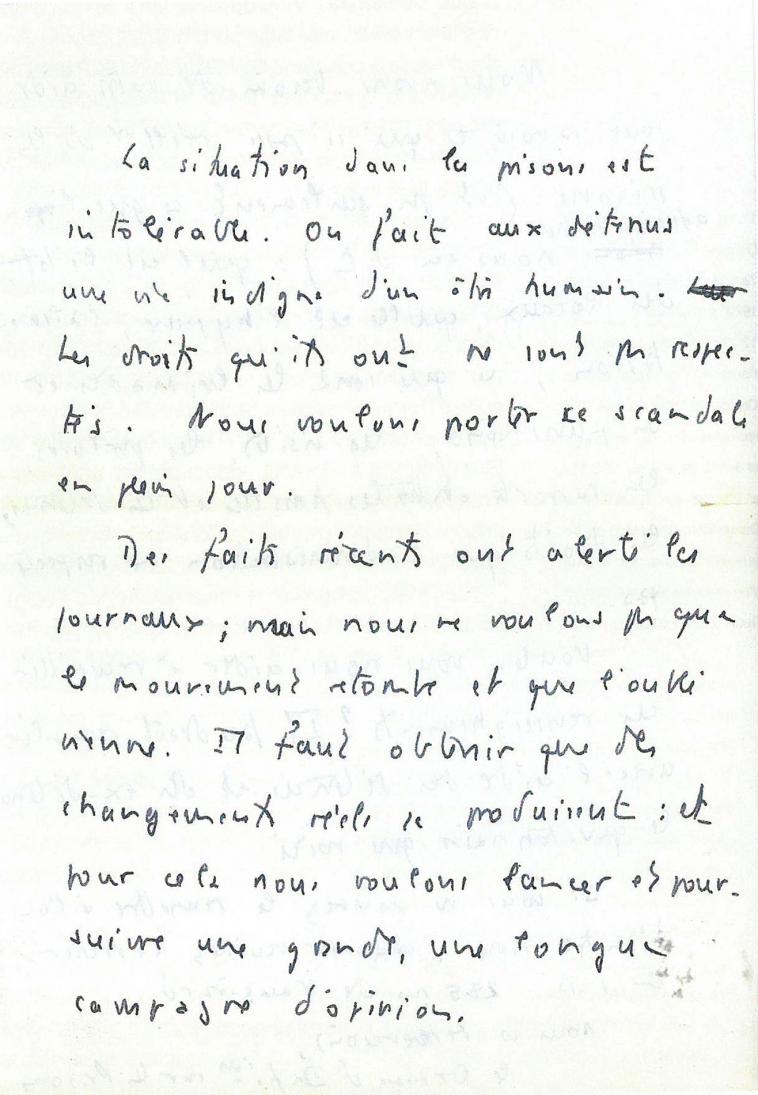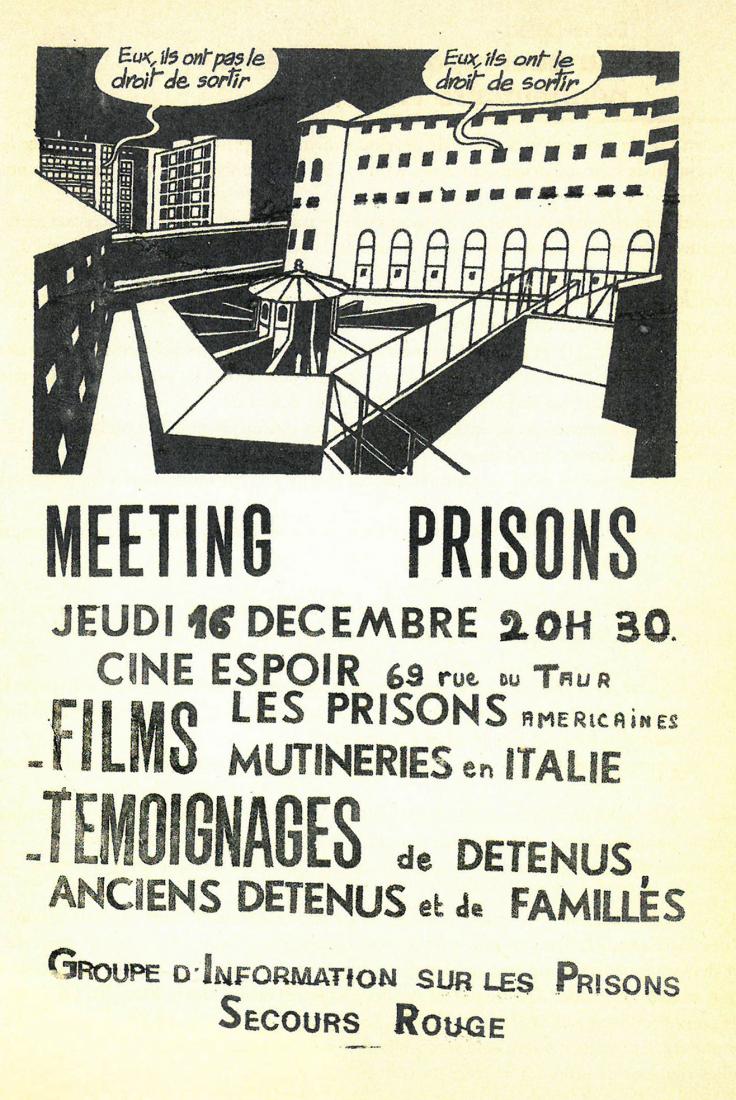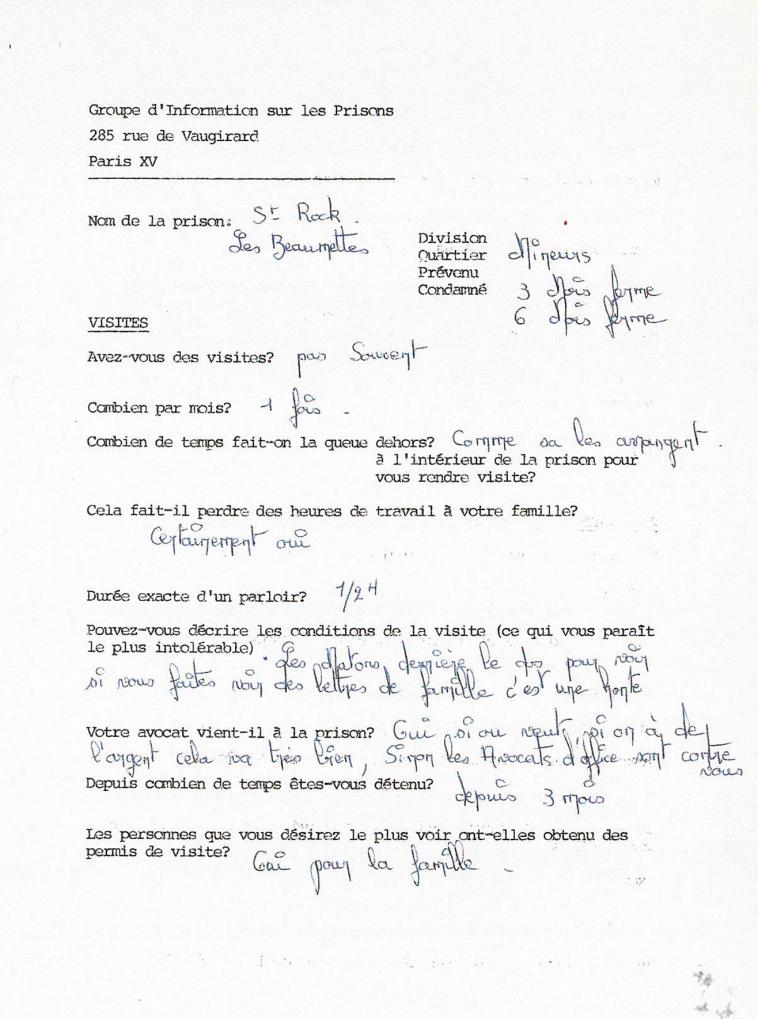States of Incarceration is in New York City: August 8 - Spring 2026
Visit the States of Incarceration Exhibit, now open at the Leon and Toby Cooperman Library at Hunter College
August 26 through Spring 2026
6th Floor, East 68 Street and Lexington Ave, New York, NY 10065.
Stay connected by following us on Instagram @statesofincarceration
